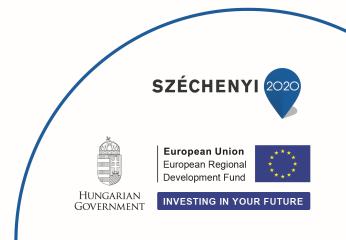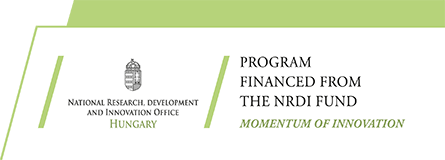As multi-gene NGS panels and whole exome and genome sequencing become more and more accessible, clinical diagnostic protocols based on these methods are being developed as well.
As the result of these sequencing runs doesn”t only contain information about a low number of genes or a predefined set of variants, it is highly possible, that additionally to the results we “aimed for”, some other clinically relevant information is “accidentally” discovered during the analysis.
This raises a very difficult ethical question: Should the patient be told about these incidental findings or not?
Although, I personally would prefer to be told if I were the patient, I think this is a very complex issue and it”s very hard (or even impossible) to give a single, generally acceptable answer. Here are a few relevant articles about this issue to help you make up your mind or just see the complexity and different aspects of the problem:
Informed Consent and Genomic Incidental Findings: IRB Chair Perspectives – Simon et al. 2013
Ethical and legal implications of whole genome and whole exome sequencing in African populations – Wright et al. 2013
Managing Incidental Findings and Research Results in Genomic Research Involving Biobanks & Archived Datasets – Wolf et al. 2013
Incidental Medical Information in Whole-Exome Sequencing – Solomon et al. 2012
Feel free to share your thoughts or any additional information in the comment section!






